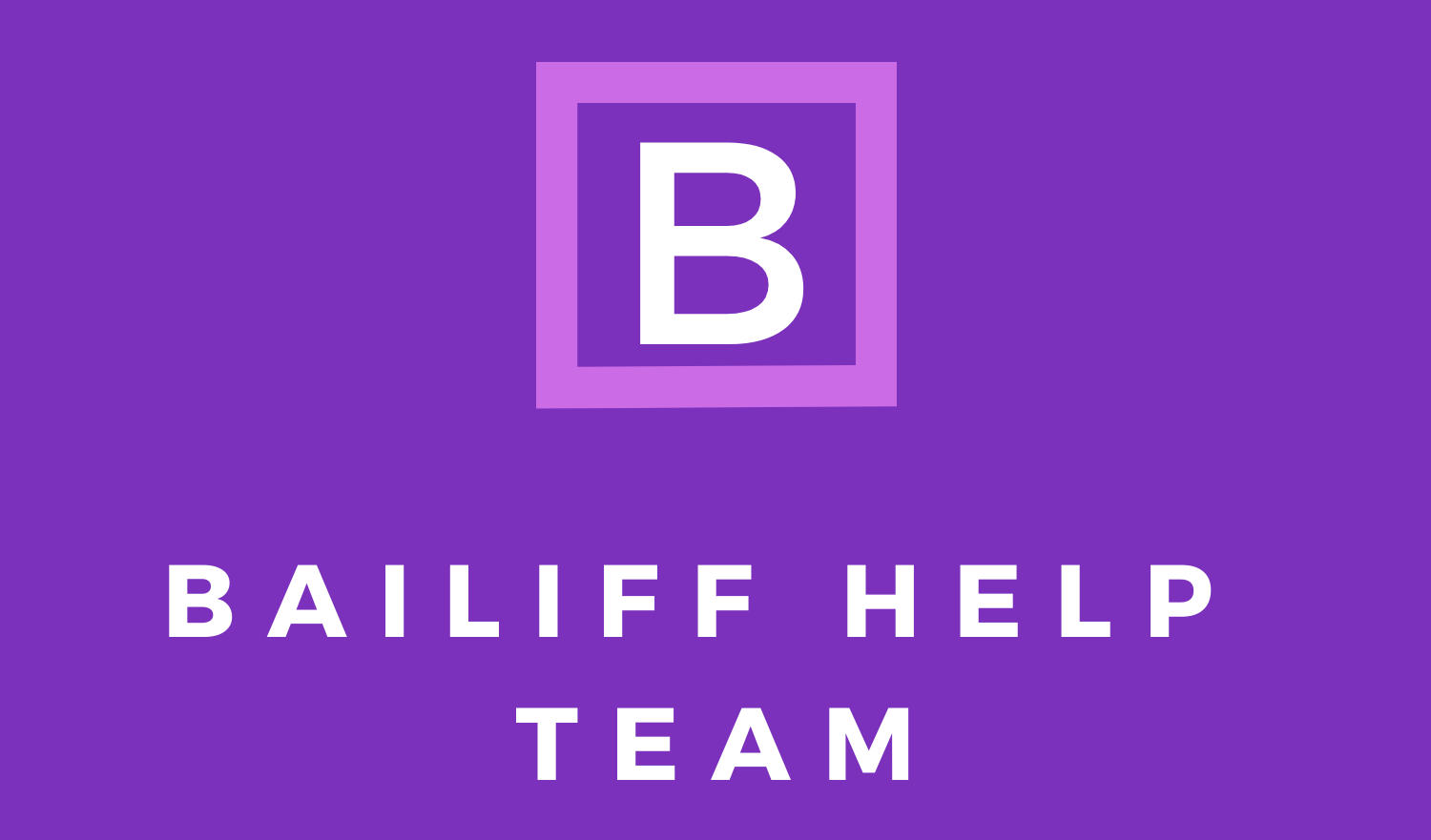How we can help you
We help individuals who are struggling with debt through a product called an Individual Voluntary Arrangement (IVA). IVAs have helped thousands of UK citizens become debt-free and have a portion of their debt written off.
It is important for you to know that if you are accepted onto an IVA you will have to pay fees and if you do not keep up to date with your regular agreed repayments, there is a risk that your financial situation will worsen.
Fees and charges will apply, please review information about it here.
We can help you
At The Bailiff Help Team, we will signpost you to the people who can help you with your individual situation.
Please enter your details in the form above and we’ll be in touch or call the number below.
For frees and charges please visit this here.

Individual Voluntary Arrangement (IVA)
What is an Individual Voluntary Arrangement (IVA)?
An Individual Voluntary Arrangement (IVA) is a legally binding agreement between an individual and their creditors (the people or entities they owe money to) to repay a portion of their debts over a fixed period of time. It’s a formal alternative to bankruptcy and is applicable in the United Kingdom.
What is the purpose of an IVA?
IVAs were designed to help individuals who are struggling with unmanageable debt but wish to avoid bankruptcy. It provides a structured repayment plan that is more flexible and less severe than bankruptcy.
Am I eligible for an IVA?
Possibly. To qualify for an IVA, an individual usually needs to have debts above a certain threshold and demonstrate a regular income source that can be used to make repayments.
What is the process to get accepted for an IVA?
The individual seeking an IVA must work with a licensed Insolvency Practitioner (IP). The IP assesses the individual’s financial situation, helps in formulating a repayment proposal, and communicates with creditors on their behalf.
The IP helps the individual create a proposal outlining how much they can realistically afford to repay each month. Creditors then vote on whether to accept this proposal. If creditors holding at least 75% of the total debt value agree, the IVA becomes legally binding for all creditors.
How long can an IVA last?
IVAs typically last for a fixed period, often five to six years, during which the individual makes regular payments to the IP. At the end of the agreed-upon period, any remaining unpaid debt included in the IVA is usually written off by the creditors.


What are the advantages of being on an IVA?
An IVA allows the individual to avoid the more severe consequences of bankruptcy, such as the sale of assets and certain employment restrictions. The individual makes a single monthly payment to the IP, who then distributes the funds to creditors according to the agreed-upon plan. Once the IVA is approved, creditors bound by the arrangement cannot take legal action or pursue additional collection efforts.
What are the disadvantages of being on an IVA?
IVAs will have a negative impact on the individual’s credit rating, making it more difficult to obtain credit during and for some time after the arrangement. The individual must be sure they can consistently afford the monthly repayments throughout the IVA’s duration. While IVAs are generally less severe than bankruptcy, individuals might still need to release equity from their home or other valuable assets to contribute to the repayment.
